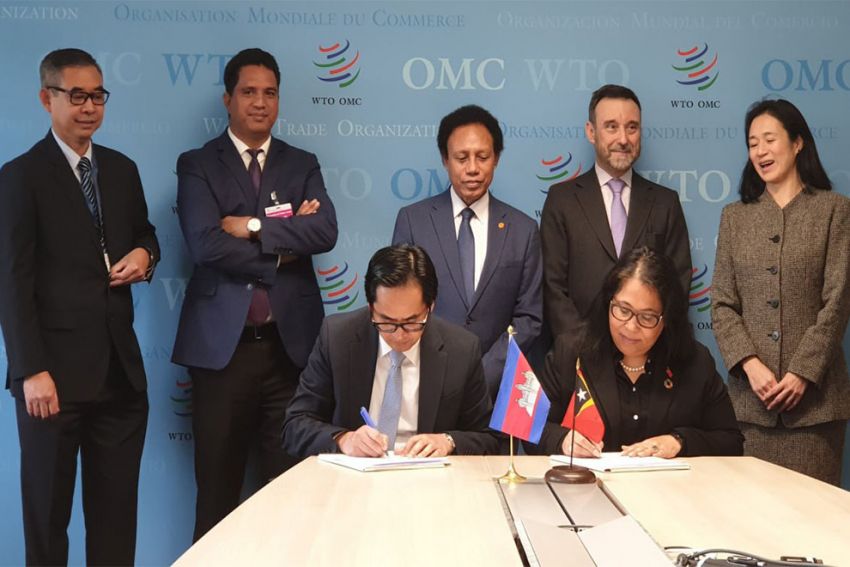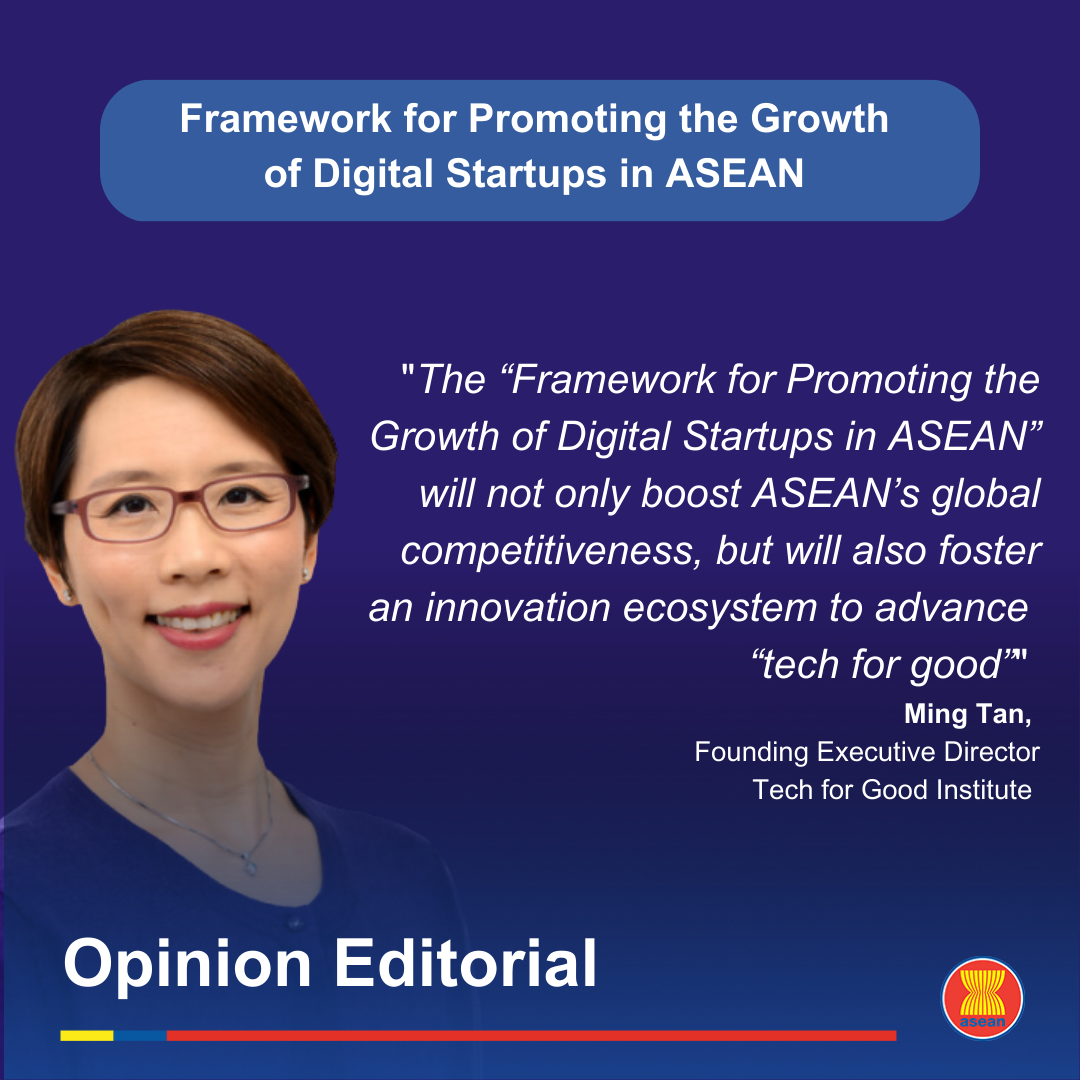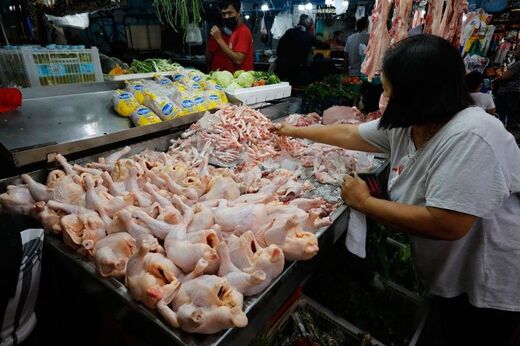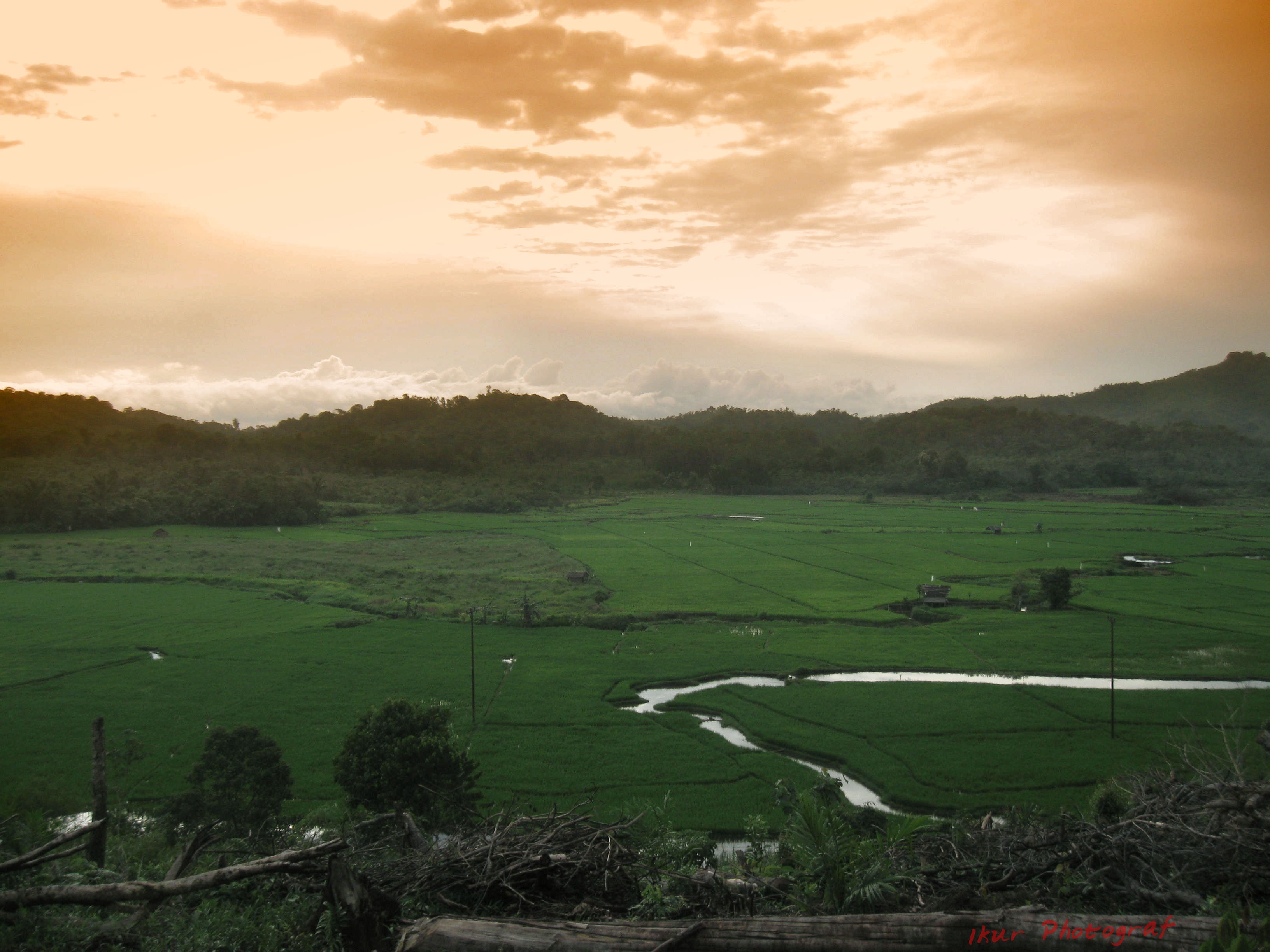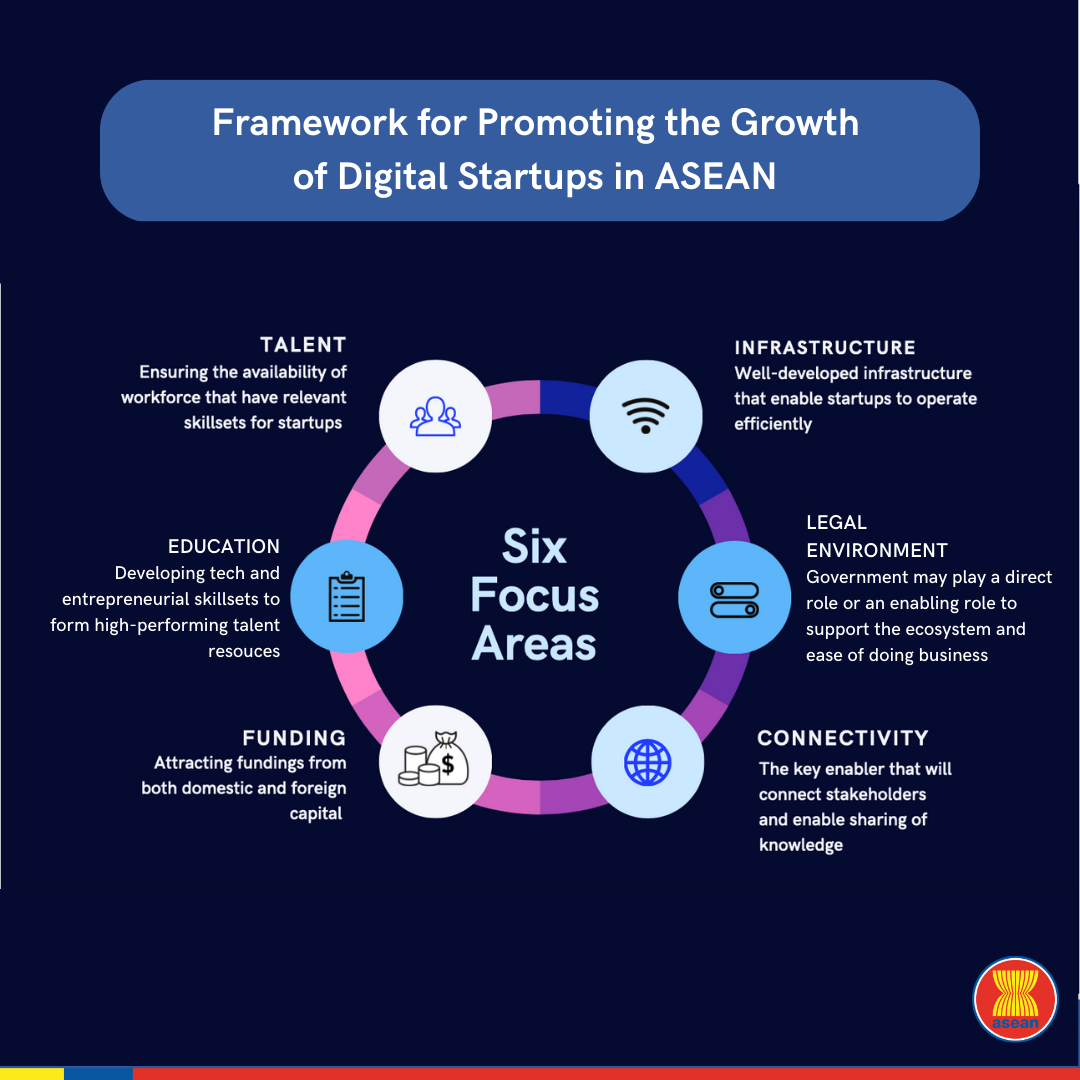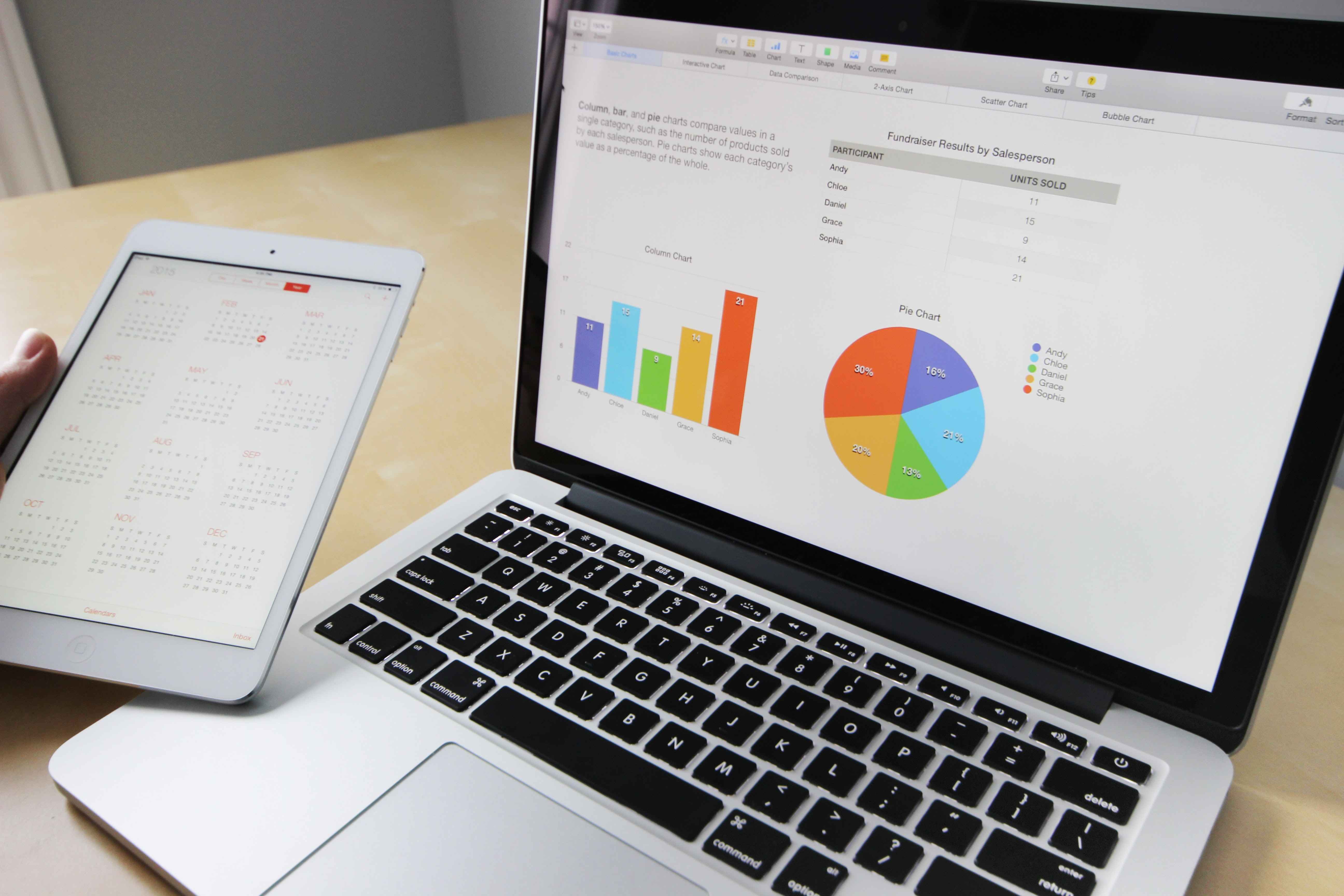THAILAND, Vietnam, India and Cambodia have emerged as early winners this year from US moves to secure its semiconductor supply chain.
US imports of chips grew 17 per cent from last year to US$4.86 billion in February, according to US Census data, with Asia accounting for 83 per cent of that total. India saw its semiconductor shipments increase 34 times to US$152 million, while Cambodia clocked in an impressive 698 per cent growth, falling just shy of Japan at US$166 million, an amount that would be unheard of in years past.
Vietnam and Thailand, which both have much bigger slices of the chipmaking market, increased their US trade in the sector by 75 per cent and 62 per cent, respectively. Vietnam has accounted for over 10 per cent of US imports for seven straight months.
The February figures are the latest to show the US diversifying its electronics supply chain, including through moves such as Apple’s gradual shift of iPhone production out of China to places like India. Malaysia, a traditional stronghold for chip packaging, still held the lead in US imports but saw its share drop to 20 per cent of the February total.
Semiconductors are a critical smart component in everything from computers and phones to home appliances, and deteriorating relations between Washington and Beijing have forced each nation to rethink its supply strategies around them. US officials have expressed concern about their country’s overreliance on certain other nations, such as Taiwan and South Korea for the most advanced chipmaking.
Taiwan, often a flashpoint between the world’s two biggest economies, increased shipments to America by 4.3 per cent from last year and accounted for 15 per cent of its imports. BLOOMBERG



